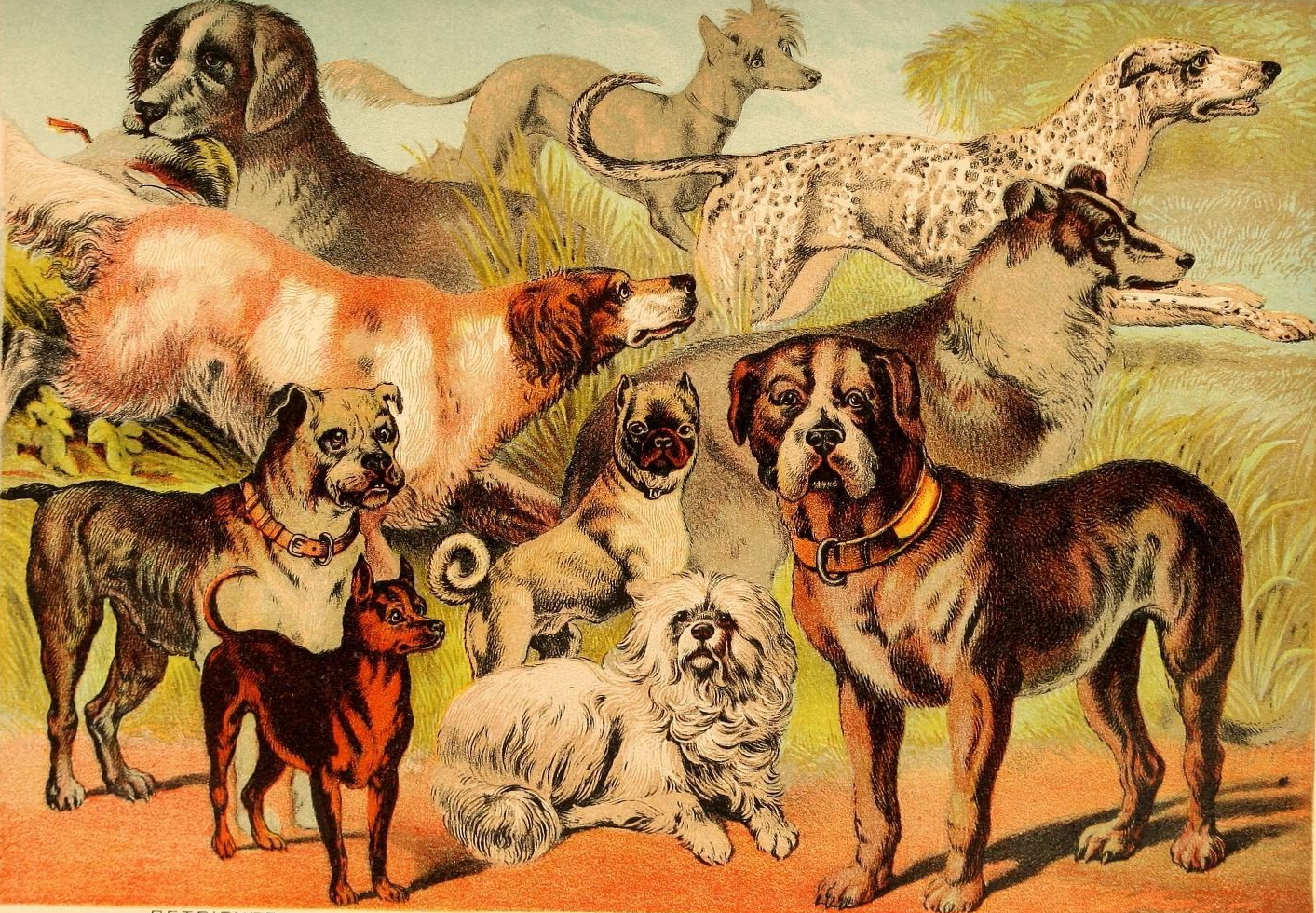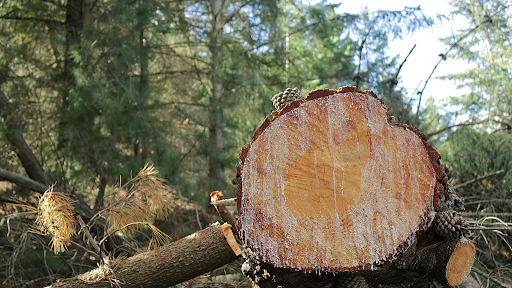Description

Copyright infringement not intended
Picture Courtesy: https://en.wikipedia.org/wiki/List_of_dog_breeds
Context: The Indian government is considering prohibiting the import, sale, and breeding of some dog breeds that it considers to be aggressive and dangerous to humans.
Detail
- The Union Government is considering banning some dog breeds, expressing concerns about their reported aggression and potential risk to human life.
- Breeds including Pitbull terriers, American Staffordshire terriers, Fila Brasileiro, Dogo Argentino, American Bulldog, Boerboel, Kangal, Ovcharka, Tornjak, Sarplaninac, Tosa, Akita Ainu, Rottweiler, Rhodesian Ridgeback, Wolfdogs, Presa Canario, Akbash, and Cane Corso are among those that are potentially banned.
Historical Origins of Certain Breeds
- Many of the breeds under consideration for prohibition have significant historical backgrounds that may be traced back to ancient civilizations and colonial periods.
- Some breeds, such as the Cane Corso and Rottweiler, originated in the Roman Empire and were used as battle dogs by Roman armies.
- Other breeds, such as the Boerboel and Rhodesian Ridgeback, were developed by European immigrants in Sub-Saharan Africa for protection and hunting.
Role in History and Culture
- These breeds played important roles in historical events and cultural contexts, including protecting mines and homesteads, herding cattle, and hunting lions.
- The Rhodesian Ridgeback, for example, is linked to Cecil Rhodes and the British territory of Rhodesia (now Zambia and Zimbabwe).

Current Concerns and Criticisms
- While the ban proposal seeks to address public safety concerns, some argue that the entire dog breeding industry should be regulated.
- Some experts stress the issue of free-roaming dogs in India, which pose considerable threats to public health and safety, including human attacks and traffic accidents.
Call for Regulation and Framework
- Experts believe that comprehensive laws and frameworks are required to address the issues linked with dog breeding and ownership. This includes stricter registration and breeding laws, increased culpability for dog owners in the event of an incident, and a focus on reducing the stray dog population.
Conclusion
- The debate over the proposed ban on exotic dog breeds reflects broader concerns about public safety, ethical pet ownership, and the need for effective regulation in the dog breeding sector.
|
PRACTICE QUESTION
Q. The human population continues to expand into wildlife habitat. How to balance the need for human settlement expansion and infrastructure development with the preservation of wildlife corridors and the protection of endangered species?
|











